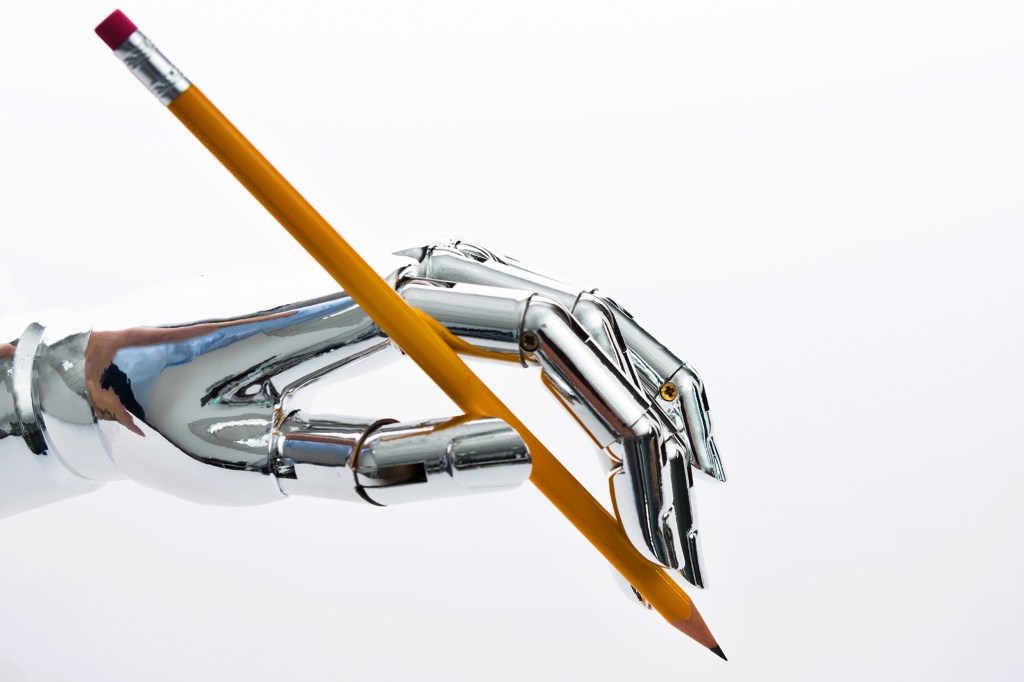Science & Tech
-
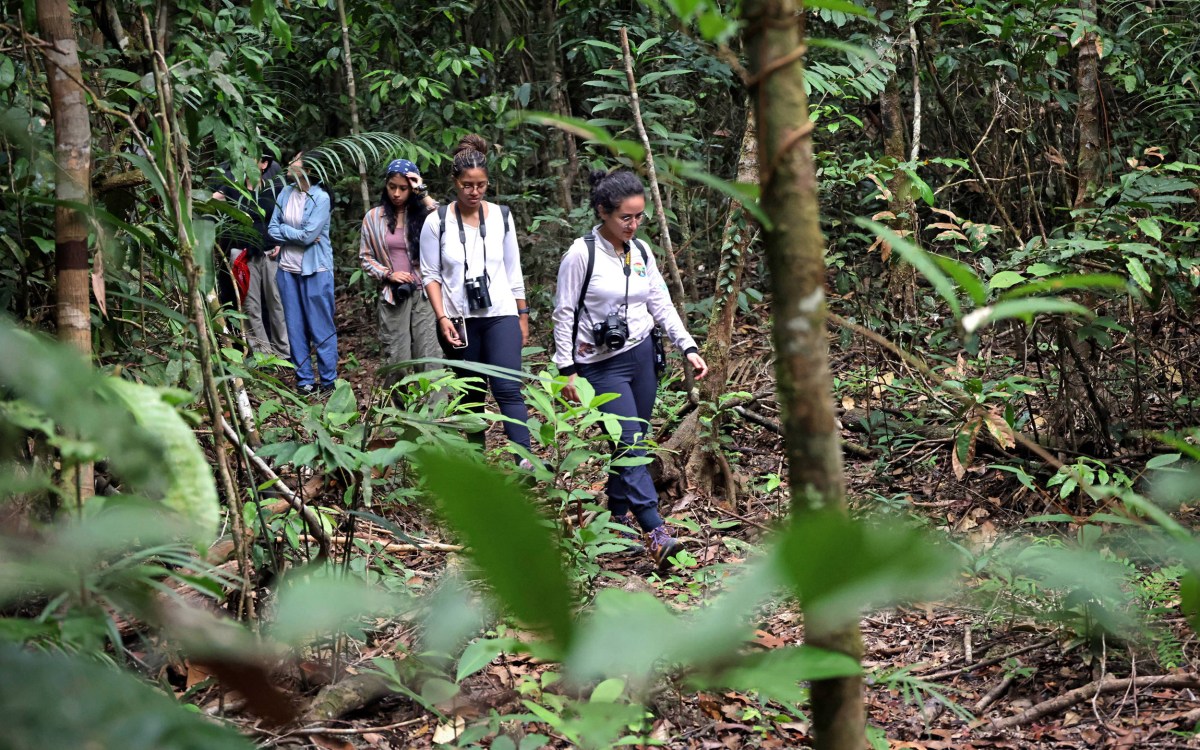
Journey to a key front in climate-change fight
Amazon immersion fosters partnerships, offers students, researchers hard look at threats to economic security, environment of rainforest as Earth warms
-
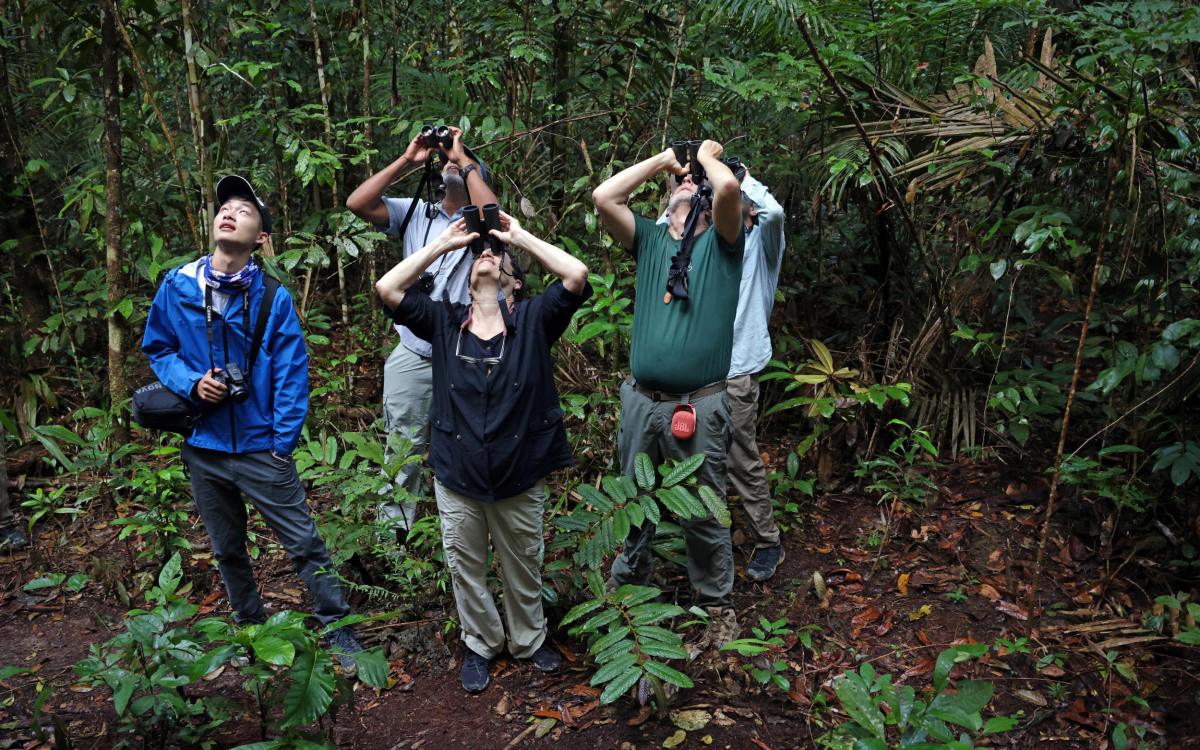
A birder’s biggest enemy in rainforest: complacency
Senior integrative biology concentrator spots 121 species during research, teaching intensive in Amazon
-
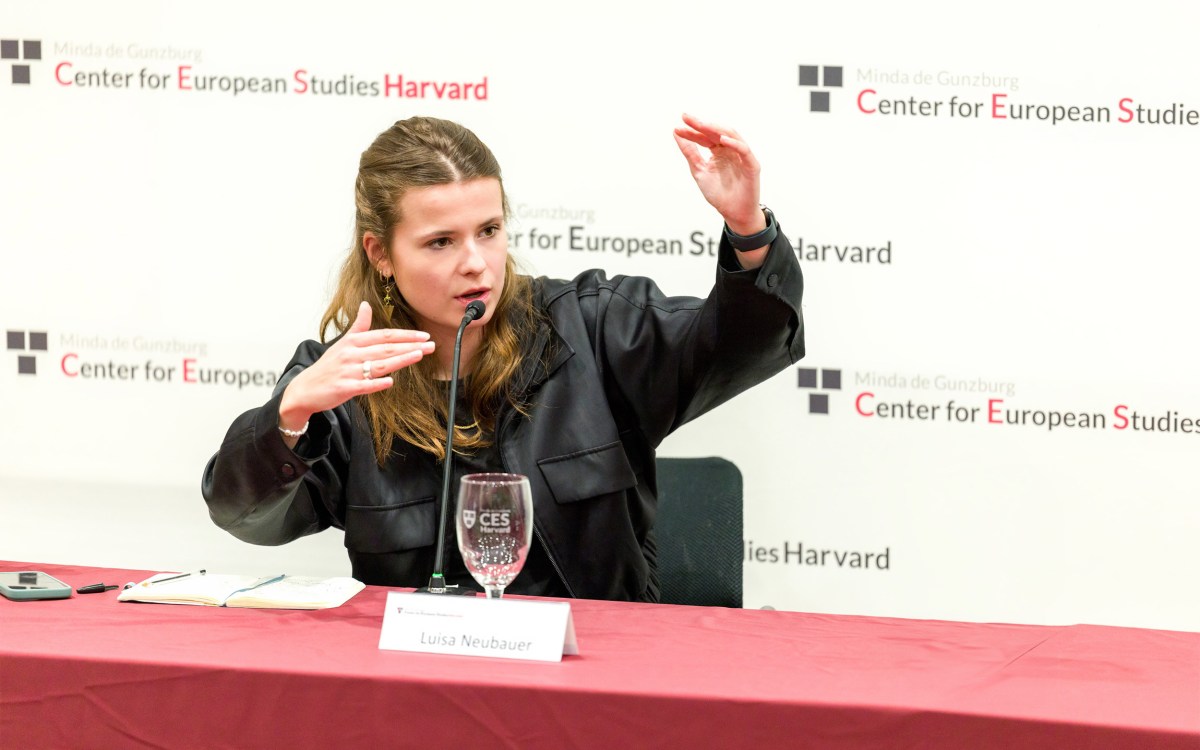
Redefining the good life
Climate activist urges people to counter a culture run on fear and fossil fuel
-
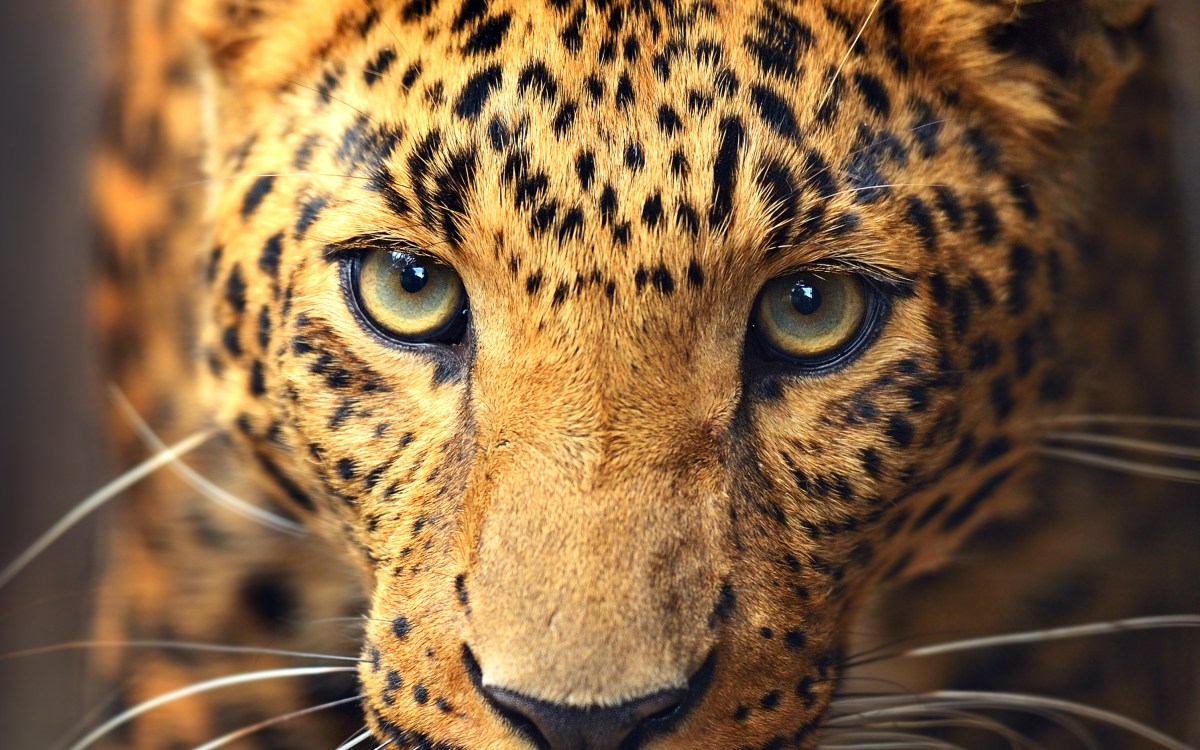
Blue, green, gold: Why eyes of wild cats vary in color
Study traces iris diversity to gray-eyed ancestor
Part of the Findings series -

An idea with legs
Research suggests the scuttling sea robin may serve as evolutionary model for trait development, including in humans
Part of the Findings series -
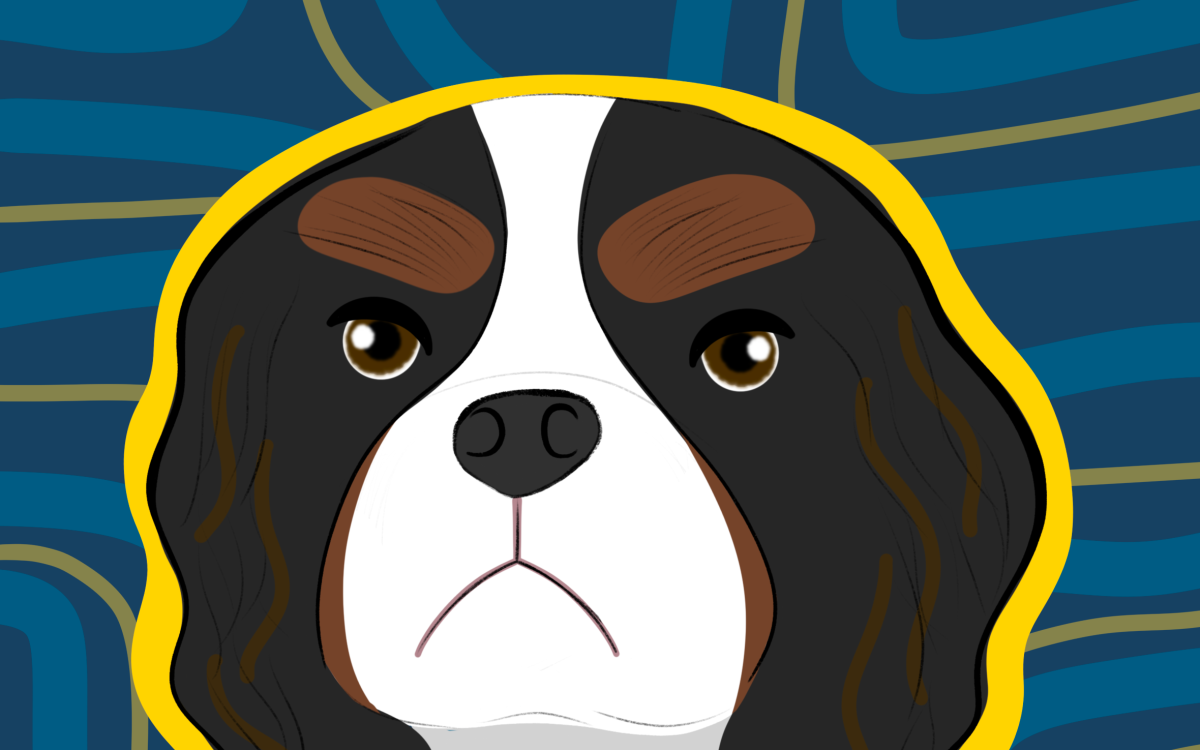
How well do you know your dog?
Take our quiz based on new Netflix documentary featuring Harvard researcher
-
World ‘way off track’ from climate goal, Kerry says
Despite increasing momentum toward a green energy shift, the world remains far off track from emissions reductions that will limit global temperature rise to 1.5 degrees Celsius, Biden’s climate ambassador said.
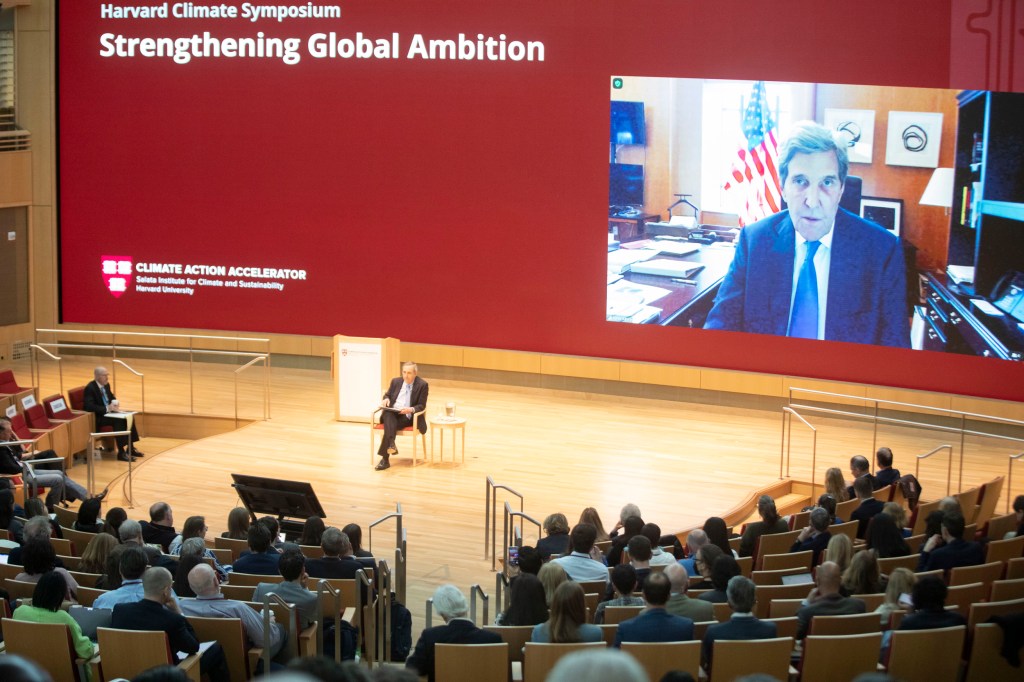
-
Struggling to design green buildings amid shifting legal, tech landscape
GSD Associate Professor Holly Samuelson explains how climate change is catalyzing dramatic new city and state regulations as architects, designers, and developers are struggling to stay current.
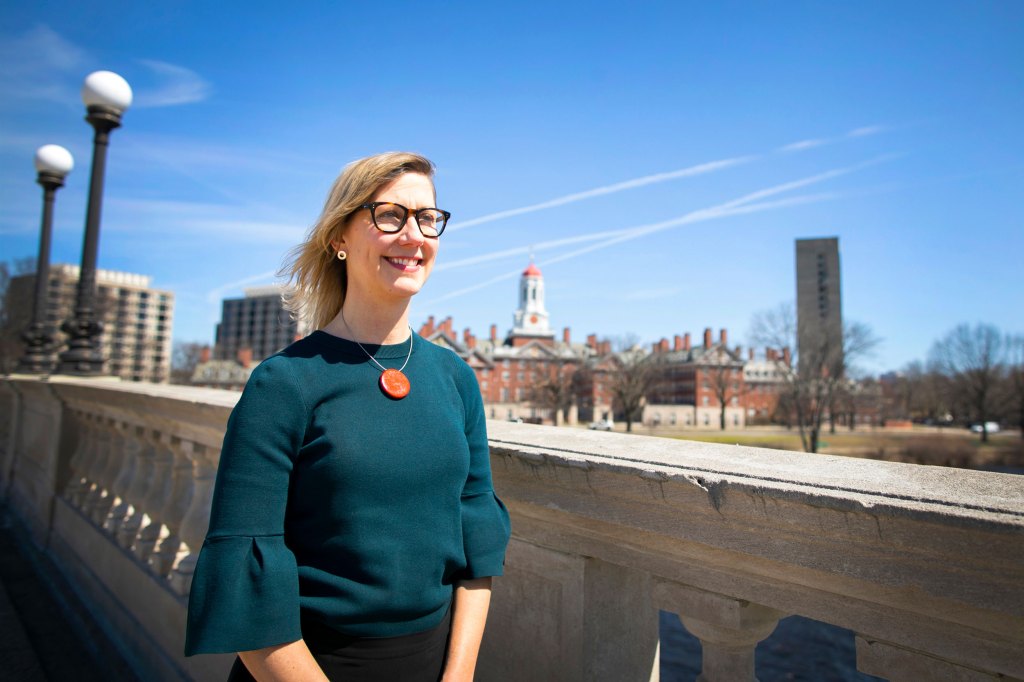
-
Think incubator for fresh ideas, innovation, new leaders to fight warming
Inaugural Harvard Climate Leadership Summit brings together students from across disciplines, Schools with established figures to pitch, consider, inspire.
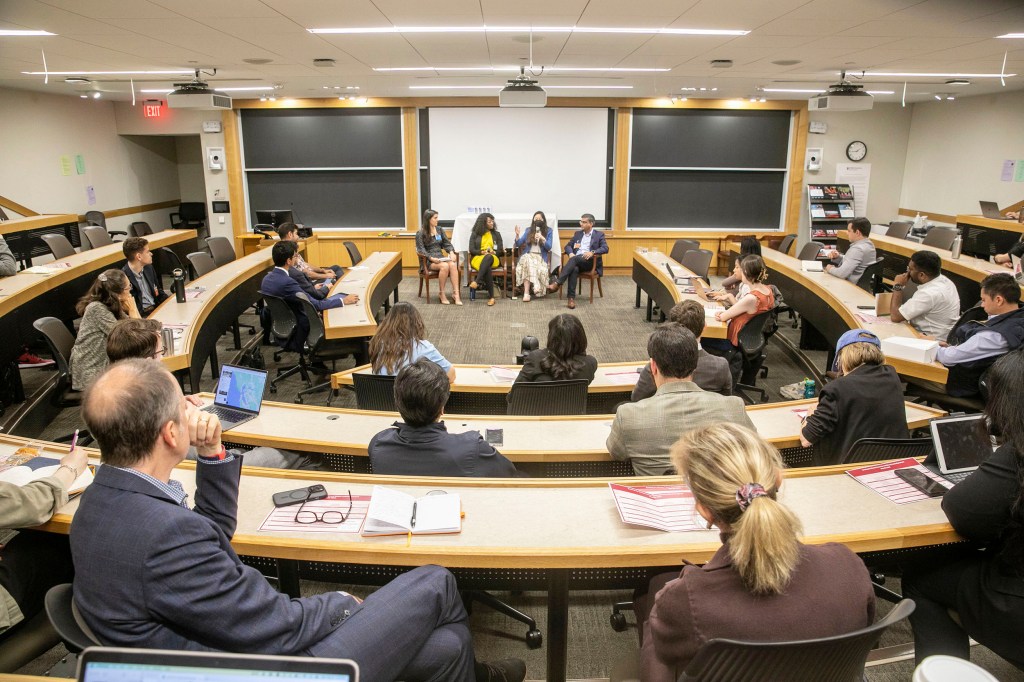
-
2 very different microbes immune to the same viruses? Scientists were puzzled.
Genomic analysis suggests host diversity is far greater than previously thought.
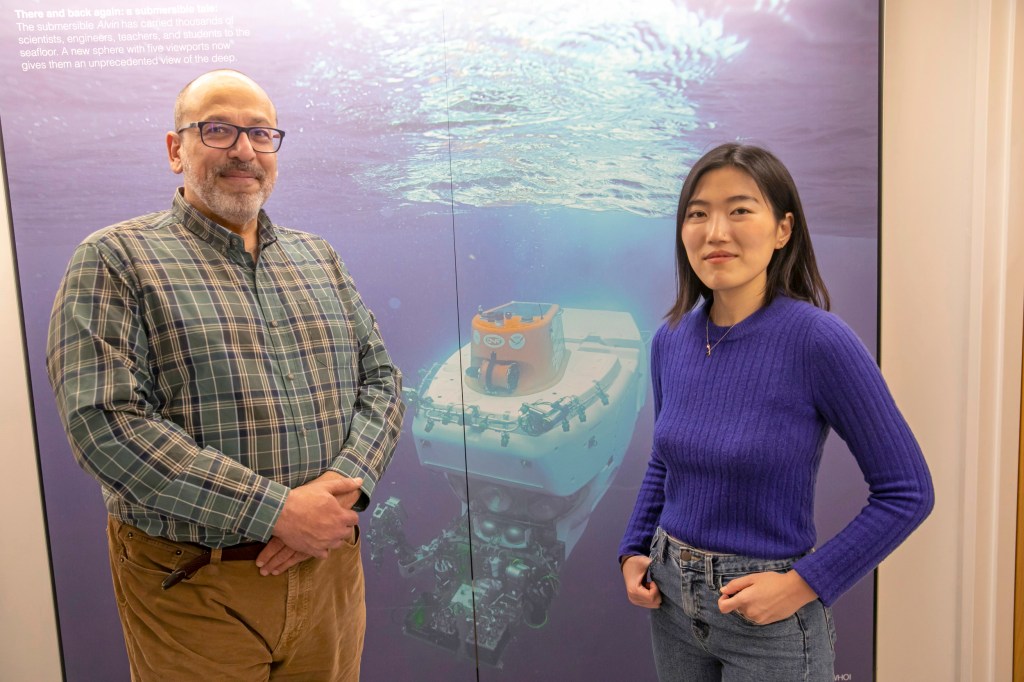
-
Bringing Stone Age genomic material back to life
Scientific breakthroughs will enable exploration of Earth’s biochemical past, with hopes of discovering new therapeutic molecules.
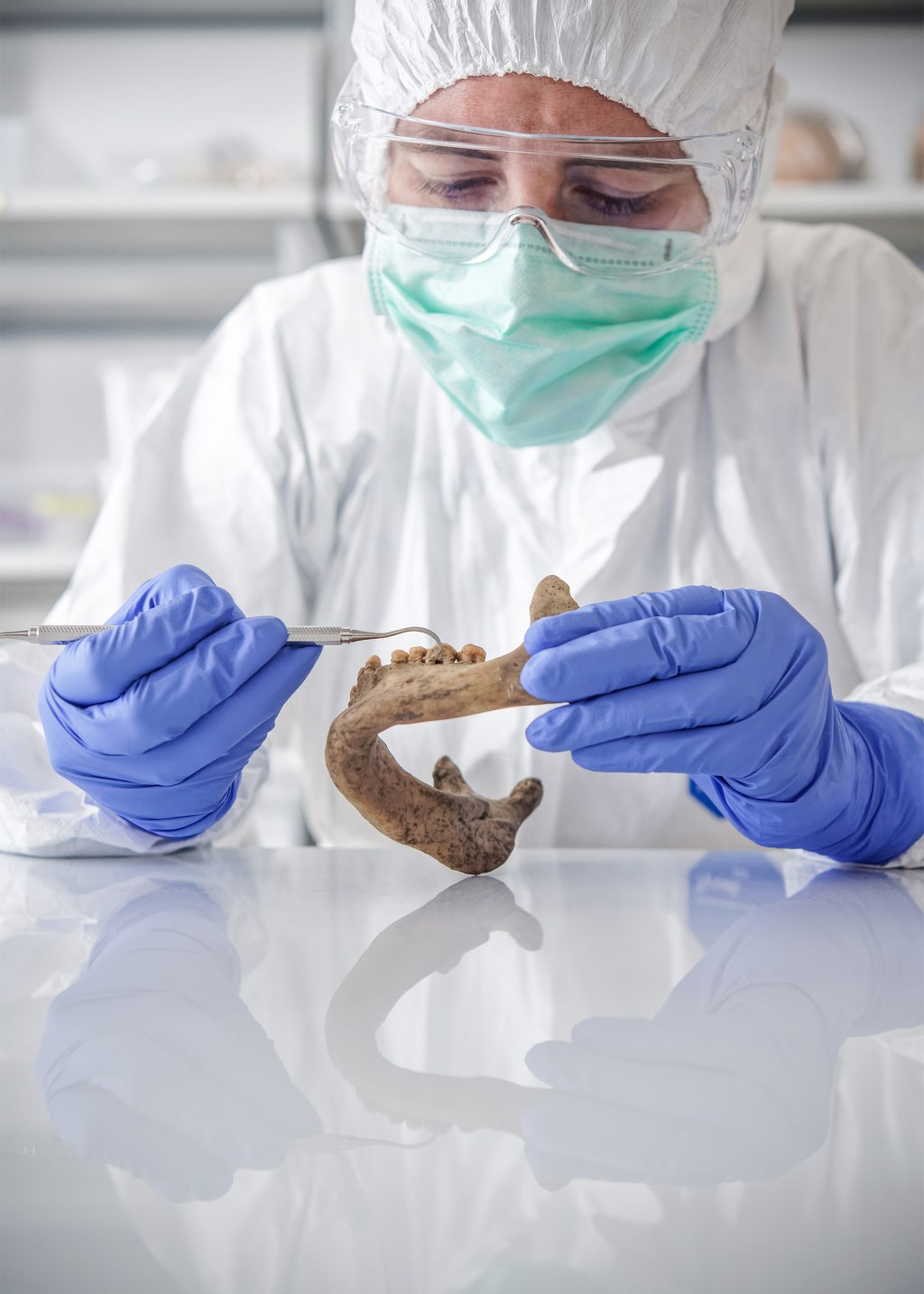
-
How will the world end? Possibly with a belch, not a whimper.
Scientists say it’s a preview of Earth’s fate in 5 billion years.
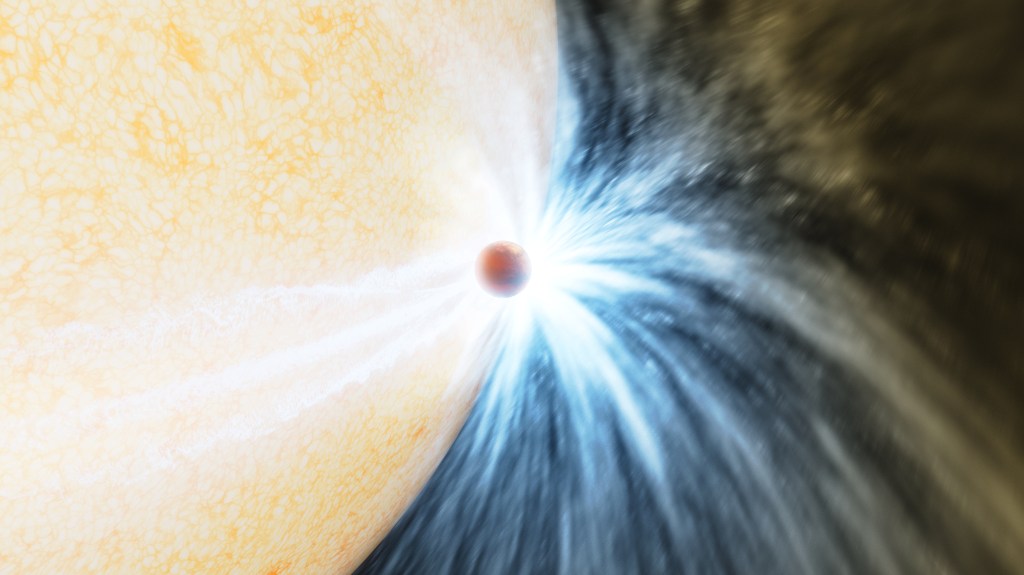
-
How greatest biological discovery of 20th century got passed over
Harvard Professor Richard Losick highlights flawed, human side of science in his MSI Distinguished Achievement Award lecture.
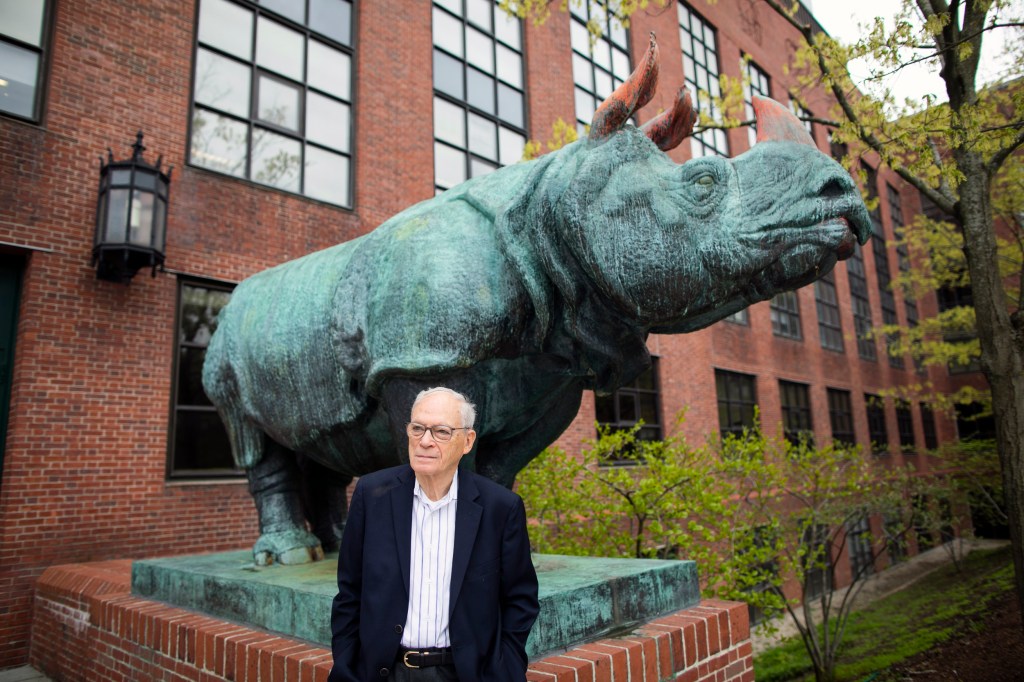
-
Poverty hurts children’s brain development but social safety net may help
Study finds aid programs cut disparities in brain structure and mental health, especially in states where the cost of living is high.
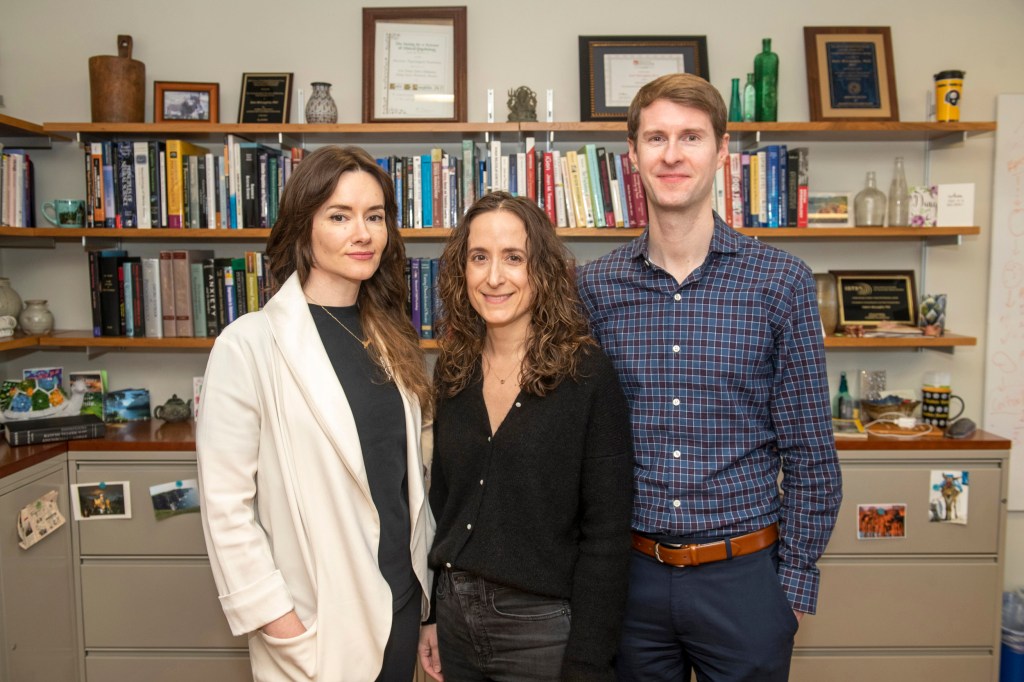
-
DNA shows poorly understood empire was multiethnic with strong female leadership
Biomolecular archaeology reveals a fuller picture of the Xiongnu people, the world’s first nomadic empire.

-
How mutant protein leads to melanoma
Discovery of new mechanism could have wide implications for other cancers.
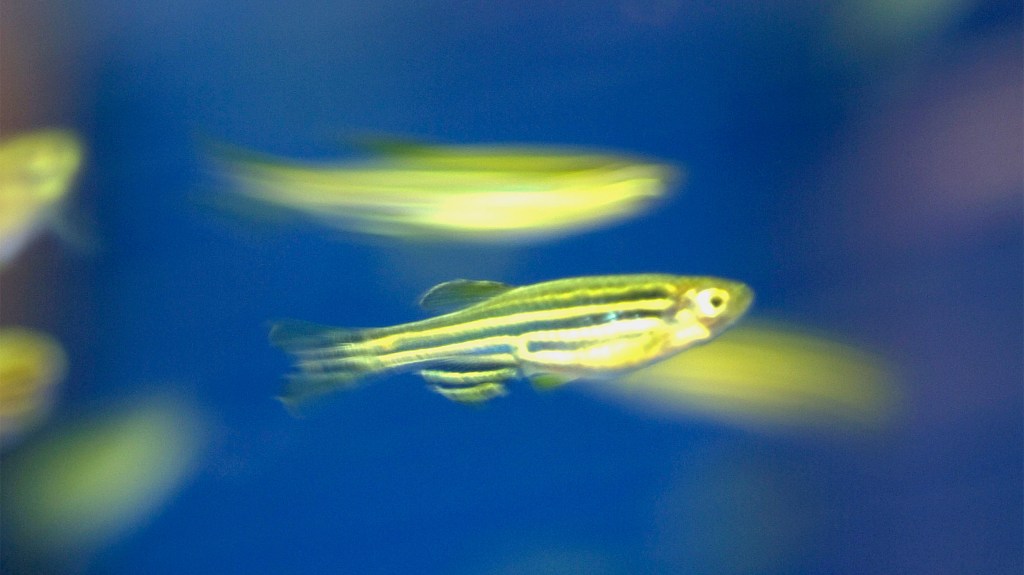
-
How deadly lessons from Fukushima changed Japan and the world
Journalist, crisis expert at HKS event say it shifted nation’s attitude toward military, global sense of need to prepare for unexpected disasters.
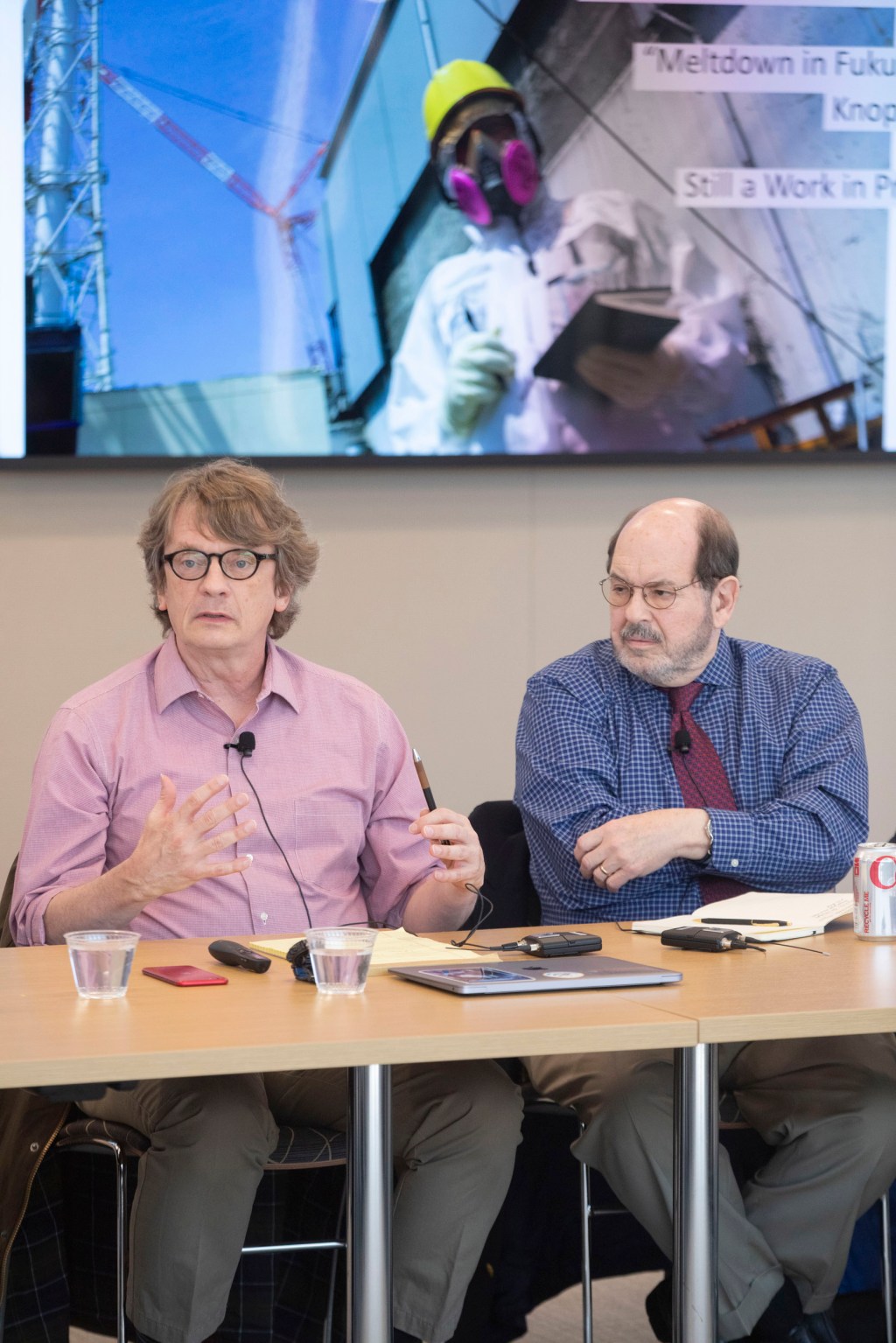
-
Tracking rapidly changing patterns of suicidal thought
Smartphones enabled researchers to capture shifts multiple times a day, gathering data that could help guide more effective prevention.

-
U.S. clean energy transition soon ‘to be on steroids’
Former Biden climate adviser Gina McCarthy brings insider’s view of status of battle against warming to Smith Center
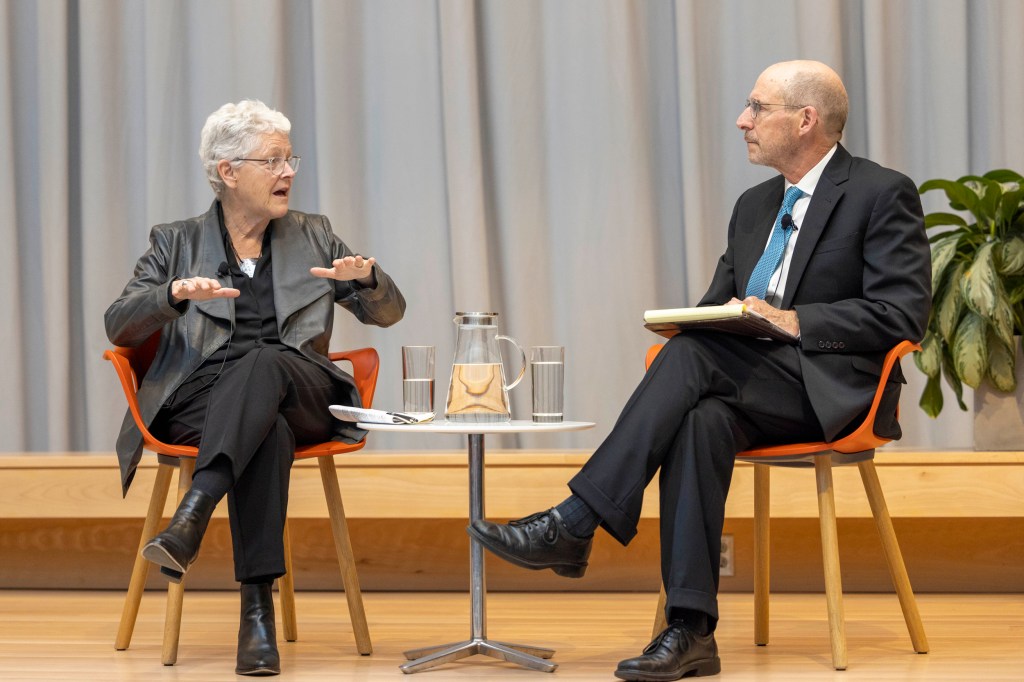
-
Did rising seas drive Vikings out of Greenland?
A new geophysical analysis helps fill gaps in an archeological puzzle: why Norse vanished in the 15th century.

-
Oliver Stone wants you to reconsider nuclear power
In a Harvard talk following a preview of his new documentary, the director debates nuclear energy’s merits as a climate change solution.
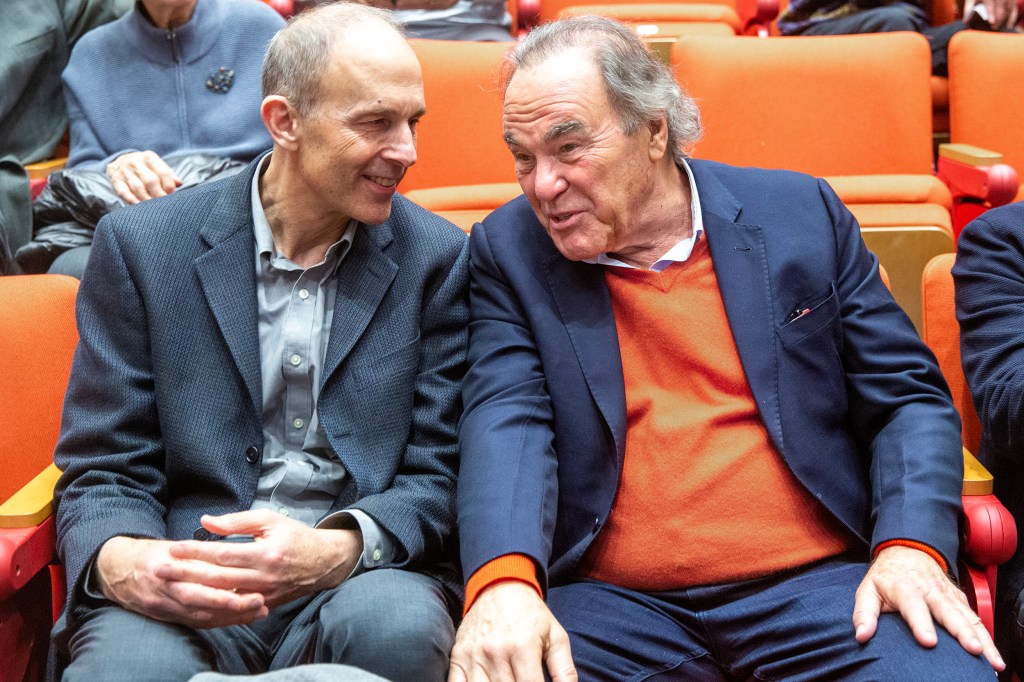
-
‘The Last of Us,’ fruit fly edition
Postdoc Carolyn Elya sheds light on how parasitic fungus hijacks the nervous system of flies.
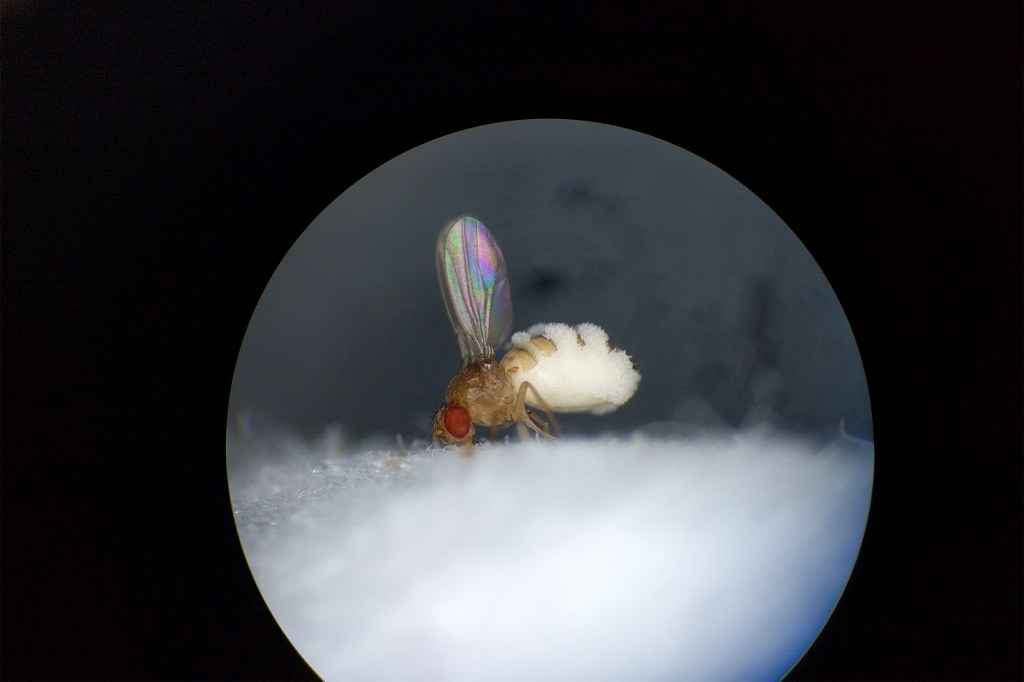
-
Desire to battle climate change rooted in childhood
Environmental science and engineering doctoral student grew up next door to family’s palm-oil refinery outside Bangkok.
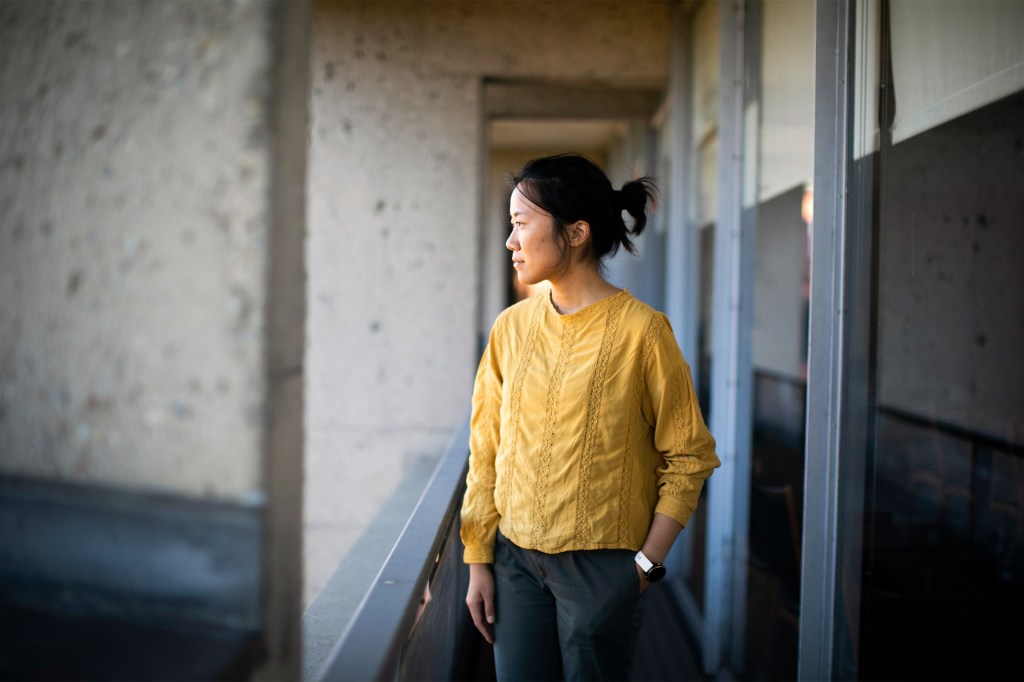
-
Taking a lesson in evolutionary adaptation from octopus, squid
Two new studies describe path of divergent sensing capabilities, tracking lineage from common ancestral neurons.

-
Buck Trible and the case of the mutant ants
Researchers have discovered a huge clue to the century-old mystery of why some ants become workers and others become queens.
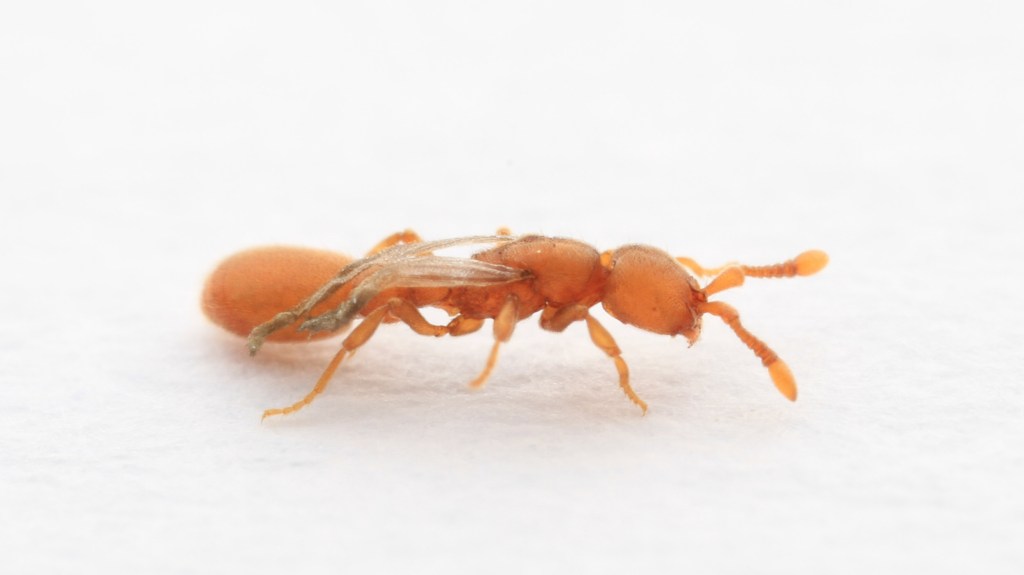
-
Buying crucial time in climate change fight
Steven Wofsy explains how the satellite will spot global sources of methane emissions, which in many cases can be halted with relatively simple fixes.
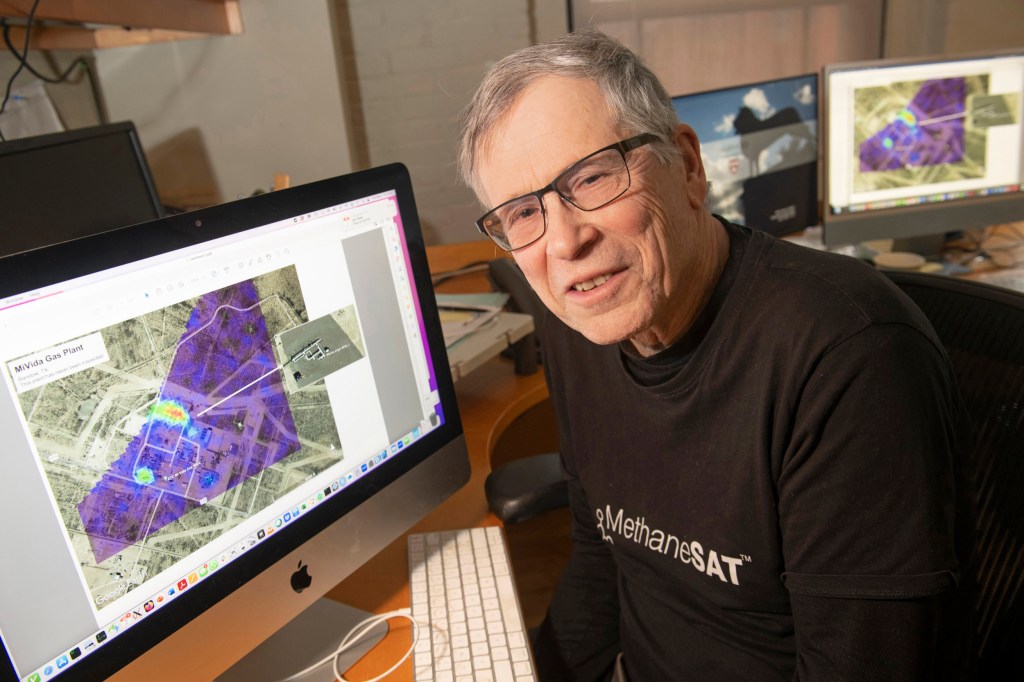
-
Racing to catalog, study deep-sea biodiversity
Researchers find five new species of hard-to-access creatures amid shortage of knowledge, concerns growing commercial interest may cause extinctions.
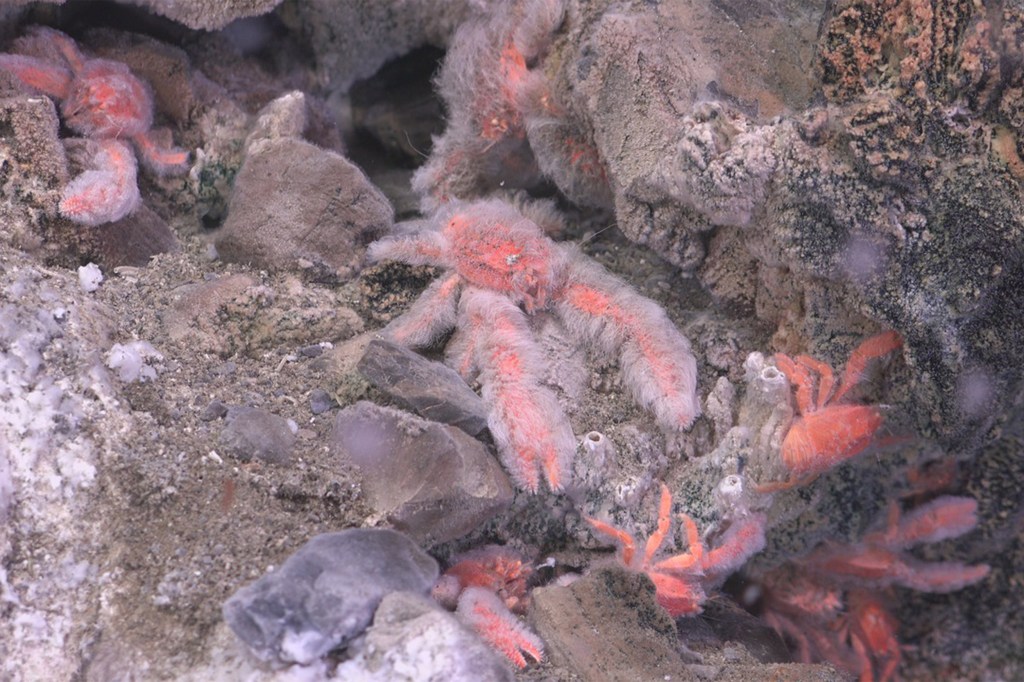
-
A 14-year incubation
Sam Wattrus ’16, Ph.D. ’22, becomes the first human developmental and regenerative biology concentrator to establish an independent research lab.
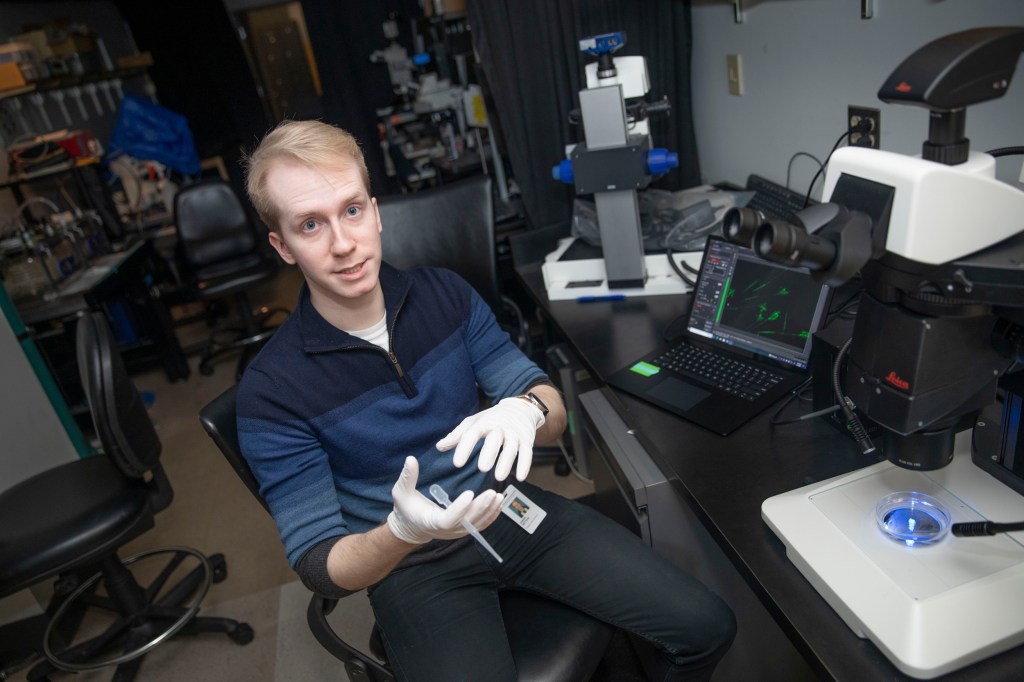
-
Why we need female mice in neuroscience research
Researchers found that female mice, despite ongoing hormonal fluctuations, exhibit exploratory behavior that is more stable than that of their male peers, countering the belief that the hormone cycle in females causes behavioral variation that could throw off results.
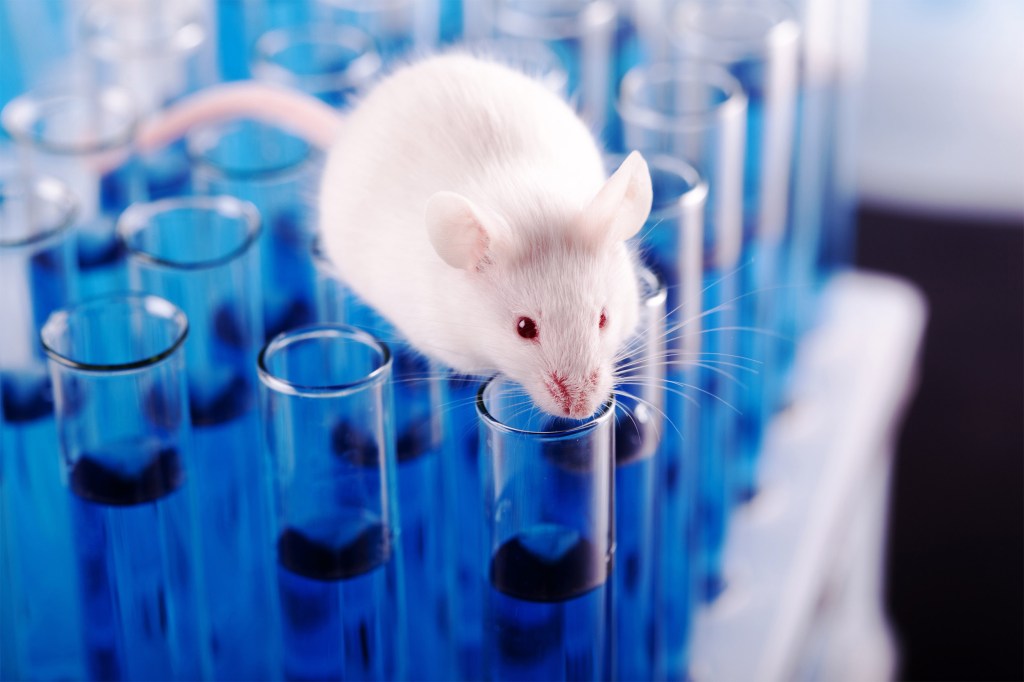
-
How does infection change social behavior?
A new study illuminates the way pathogens — and pheromones — alter social behavior in animals.
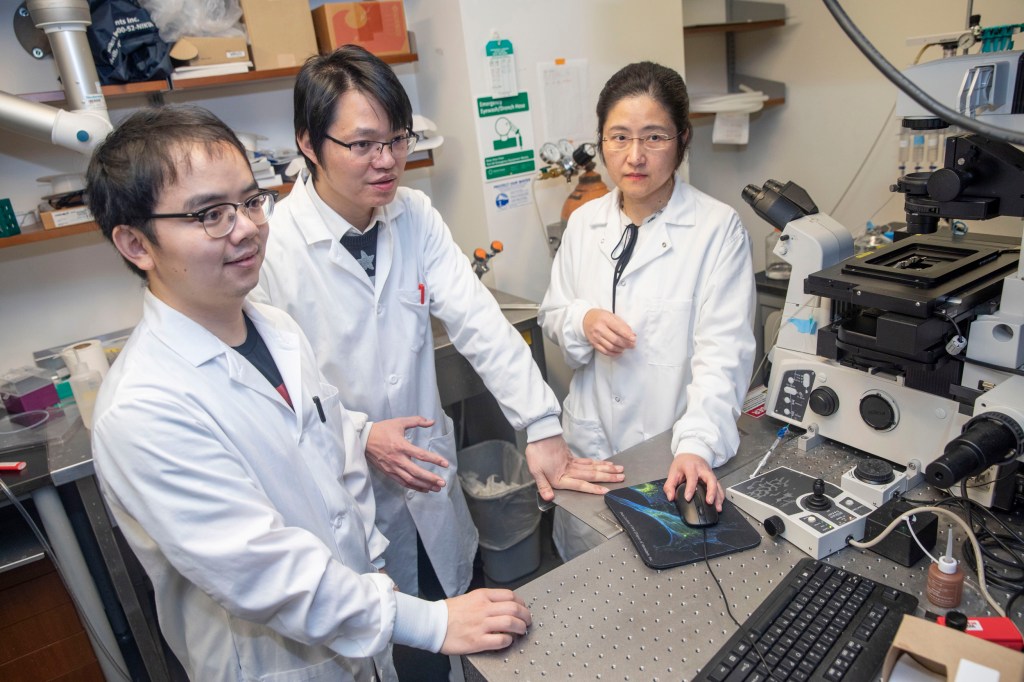
-
Seeking clues to how shifting climate may change ocean ecosystems
By studying the fossil record of one group of organisms, researchers now worry that human-driven climate change may return us to an “Earth of 8 million years ago … detrimentally restructuring the marine communities of the entire ocean.”
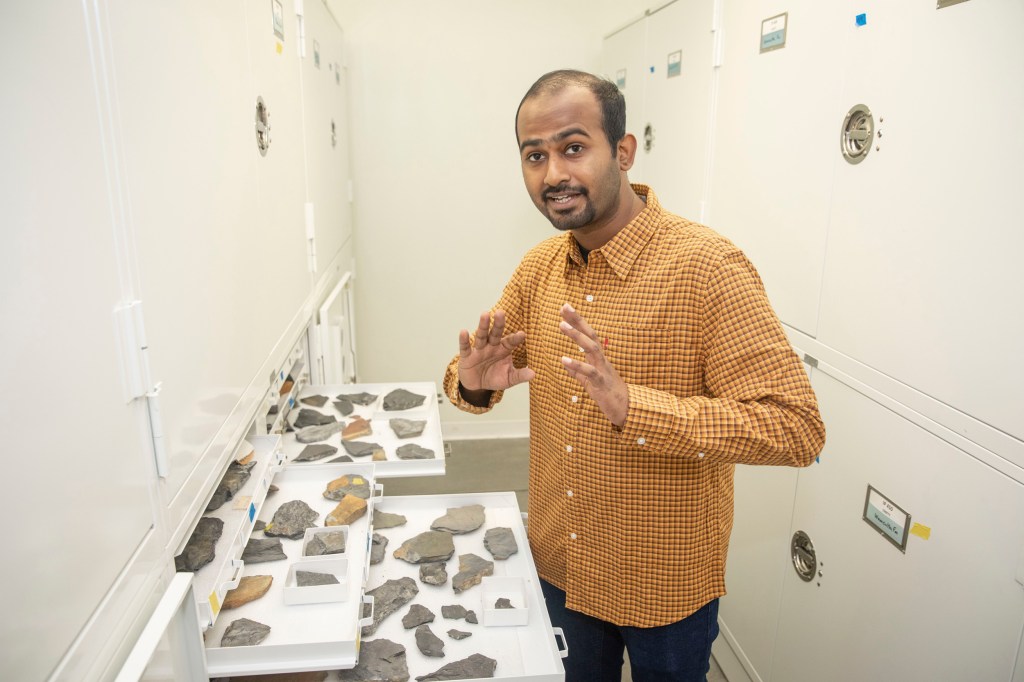
-
What Harold McGee learned after decade of sniffing durian, keyboards, outer space
Science author Harold McGee explores all things olfactory in “Nose Dive: A Field Guide to the World’s Smells.”
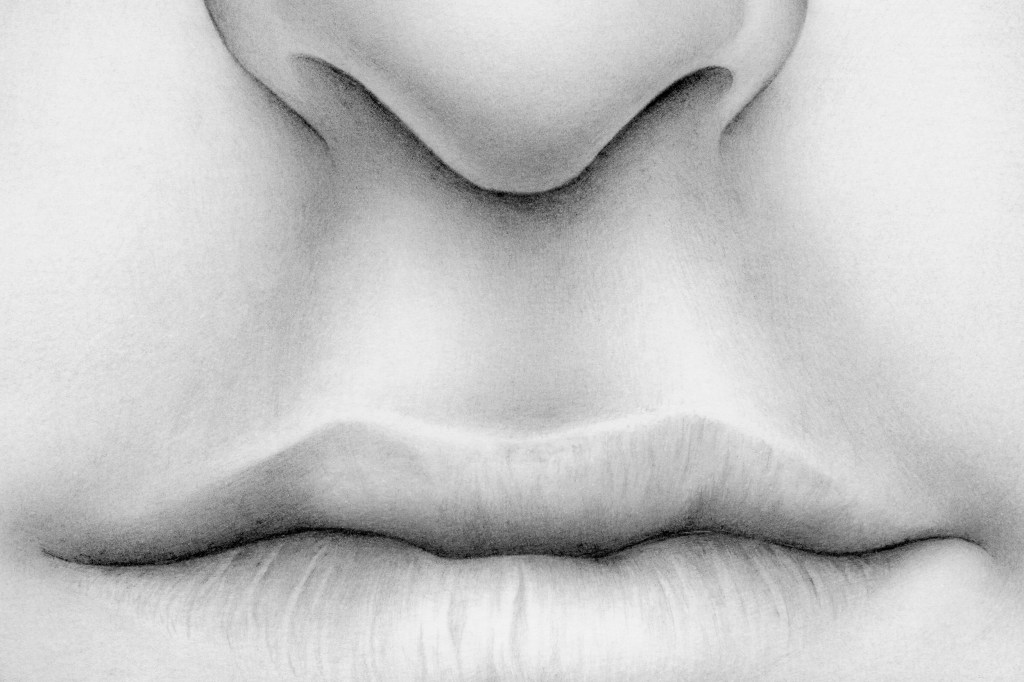
-
Nothing that is not there and the nothing that is
You’ll never experience a black hole, but Avi Loeb can help you imagine one

-
One small step toward understanding gravity
Quantum computing simulation reveals possible wormhole-like dynamics.
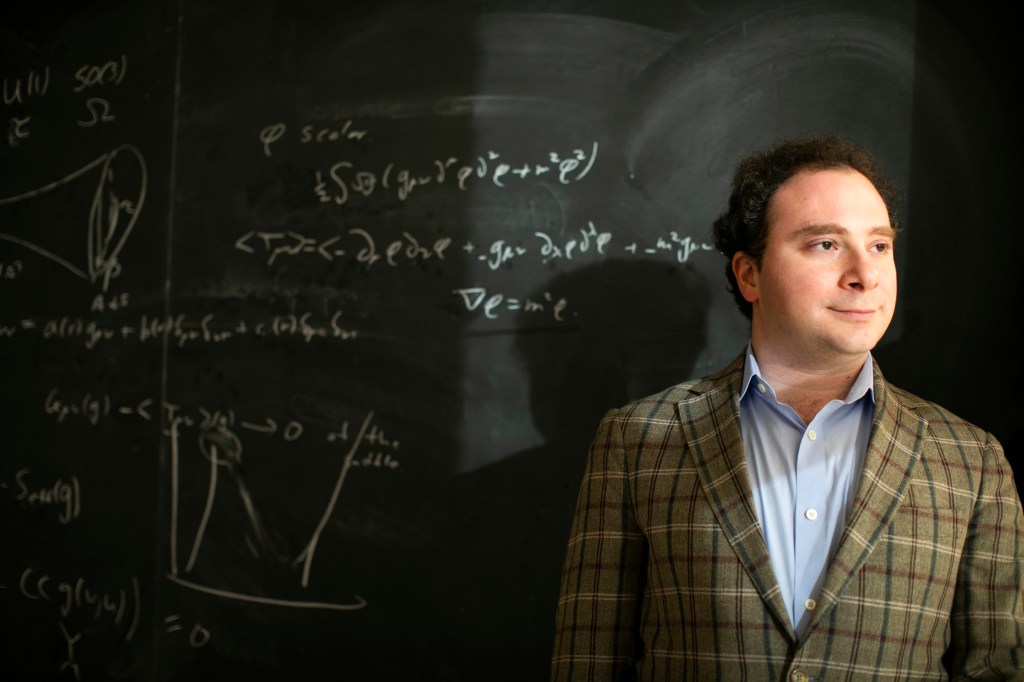
-
5 research teams win Grid funding to smooth path from lab to market
Funding aims to help researchers turn their ideas into products and services that confront real-world problems.

-
Will ChatGPT supplant us as writers, thinkers?
Psychologist says the chatbot is impressive — and may offer insights into the nature of human intelligence once it “stops making stuff up.”
